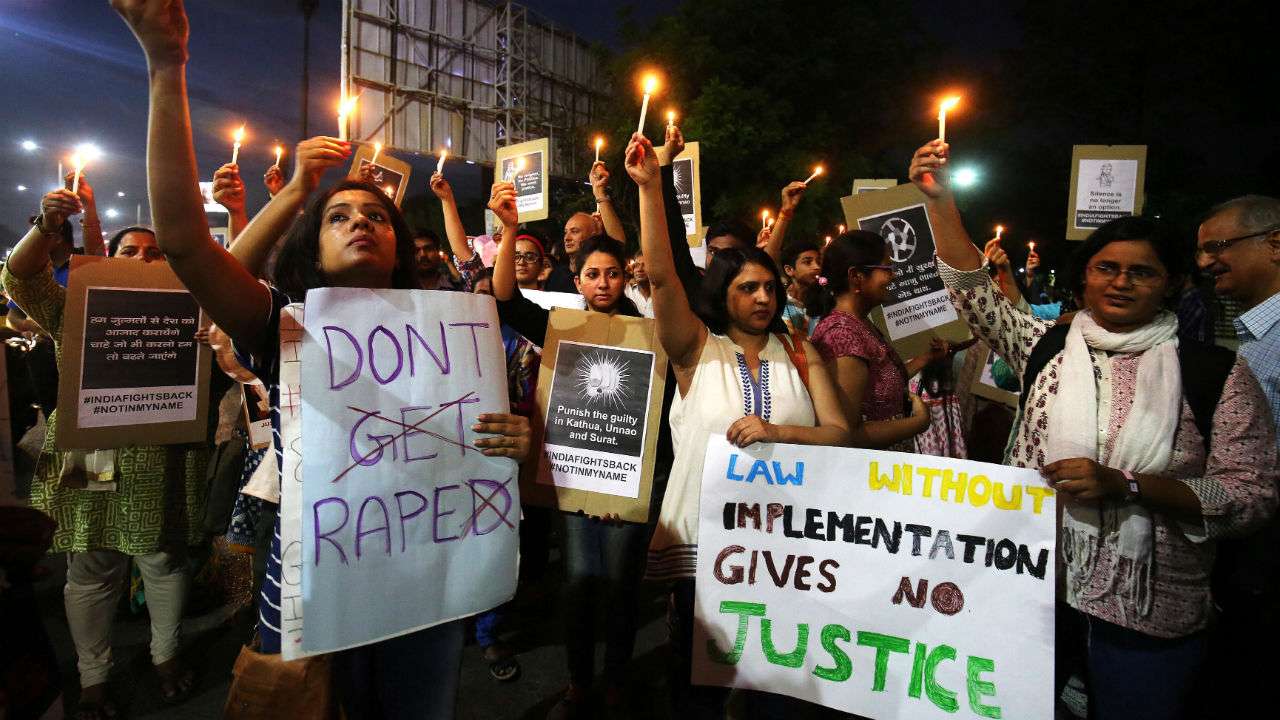Spring arrives, in full bloom:
The plants called rapeseed burst to life
Loud, yellow:
Rooted in bonds thick and vast, structured in rows,
Identical, they mother themselves,
Diving into seas and tugging each other to keep well.
Spring arrives, in full gloom:
Rapeseed reappears: the mind pauses
Confused, enraged eyes pace across scribbled thoughts
squeezed in newspaper boxes printed with coffee tints;
Rapeseed?
laughter lurks: questions remain threateningly stagnant,
Tipping teapots across papers, now dining tables,
Escaping to the floor, each drop ringing empty and hollow,
Awaiting. Awaiting.
(What if there are no responses? It doesn’t stop to think)
Eyeballs set to travel again,
Twizzle, twitch, blink, once, maybe twice,
Now thrice: disbelief pushes its way through
Crossword puzzles spelling torture
Scream through pages,
The black-and-white colour code no longer an innocent hopscotch,
but terrifying. Black fields are chasms. White spaces are survival.
4-across: P A I N. 8-down: I M P U N I T Y.
Rarely has a puzzle unfolded this easily.
“Rape-seed?” I wonder. Is there a seed alike?
Kashmir readies itself for spring. Unnao, down South, watches.
Glances aligning, crops harvest unto themselves, pride and all,
Loud, yellow.
Suppressed, hidden, forgotten, lost:
Water particles begin upwards.
Racing through root tips, flying up titled xylems,
slipping past corridors of cortexes, tearing across an endodermis,
ripping apart fibrous thickenings:
Anchor roots weaken. Feeder roots shrivel, senses seized, and bite the dust.
In full thrust and glory, the rage thrives. Manifests on the leaves of rapeseed.
Rapeseed no longer signals spring.
Clouds gather, heavy with pain, showering tears.
Trickling from leaves, they search their way down.
Patiently awaiting the sun’s rising,
For sadness-stained tears to run, raging bulls in full force,
To tear through the ground:
Now, living as water. As water.
§
Rapeseed (Brassica napus), also known as rape, oilseed rape is a bright-yellow flowering member of the family Brassicaceae (mustard or cabbage family), cultivated mainly for its oil-rich seed.
This poem uses the metaphor of the rapeseed plant to describe the atrocities in Unnao against a Dalit girl and Kathua against a Bakarwal Muslim girl.
The rapeseed plant is used to contrast the preservation of the patriarchy (represented by the joy of nature), against the plant name, in which ‘rape’ is sexual assault. The plants also represent the concept of living in peaceful, co-dependent societies in the beginning, but later we observe how their meaning morphs into something else entirely. Tears and water are contrasted to show living as attached to a fixed identity to living freely, without judgment. A tear, being a saline liquid, represents how water becomes unclear and constrained with impurities.
I have chosen to devote this poem to the responses that the incidents evoked: ire, despondency, disgust and yet another call for equality. At a deeper level, it represents the need to restructure the fabric of society that has been woven to favour the powerful and quash the marginalised – or worse, use them for communalist propaganda.
Nandini Talwar is a 17-year old student, social activist and bookworm. Tracing her muses, she poets and writes around. Find her on Instagram @nandini_t

